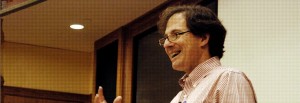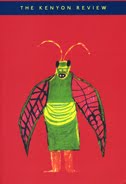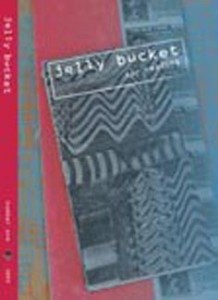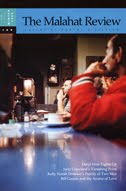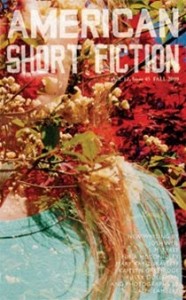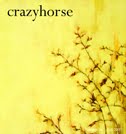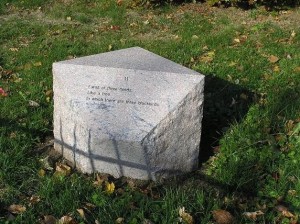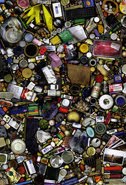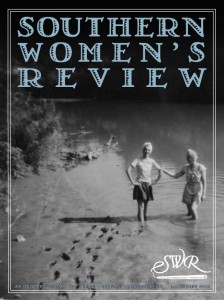Frederick Douglass on Haiti
From his Lecture on Haiti by Frederick Douglass, delivered in Chicago at the Dedication Ceremonies at the World’s Fair, in Jackson Park, January 2, 1893:
“Haiti is a rich country. She has many things which we need and we have many things which she needs. Intercourse between us is easy. Measuring distance by time and improved steam navigation, Haiti will one day be only three days from New York and thirty-six hours from Florida; in fact our next door neighbor. On this account, as well as others equally important, friendly and helpful relations should subsist between the two countries. Though we have a thousand years of civilization behind us, and Haiti only a century behind her; though we are large and Haiti is small; though we are strong and Haiti is weak; though we are a continent and Haiti is bounded on all sides by the sea, there may come a time when even in the weakness of Haiti there may be strength to the United States.”
[Thanks to Gabriel Gudding for the link.]

